In recent years, artificial intelligence (AI) has been making its way into the film industry, offering innovative tools to predict the success of films, for example. Sami Arpa, CEO of Swiss start-up Largo.ia, has demonstrated how data analysis and AI can transform film production and distribution. This mini-revolution is taking shape in Switzerland and could well shake up the global film industry.
‘Producers, studios and distributors have a much greater impact on a film’s success than screenwriters, directors or even actors,’ explains Sami Arpa. Budget and advertising (P&A) are also factors that have the greatest influence on return on investment. To back up his claims, he cites various studies, some of which were conducted on several thousand American films. ‘Disney, for example, sees 70% of its films become commercial successes, ahead of 20th Century and Paramount. American studios largely dominate this field, ahead of Spain, the United Kingdom and Italy.’ This type of data feeds into the algorithms developed by Largo.ai, which predict the success of films.
Predictive or generative AI: two complementary approaches
AI in cinema is not limited to prediction. ‘Between 2006 and 2007, recommendation systems began collecting data to understand what people liked,’ recalls Sami Arpa. “Today, predictive AI can analyse content, data and audiences to improve productions. Generative AI, on the other hand, creates new content, such as scripts, visual effects, and even entire scenes.”
Largo.ia focuses on predictive AI. ‘We carefully analyse film scripts based on what happens on screen: action, comedy, crime, fantasy… We also study the emotions conveyed throughout the films, such as joy, confidence, surprise or fear.’ This scene-by-scene analysis helps determine what works and what doesn’t in a film.
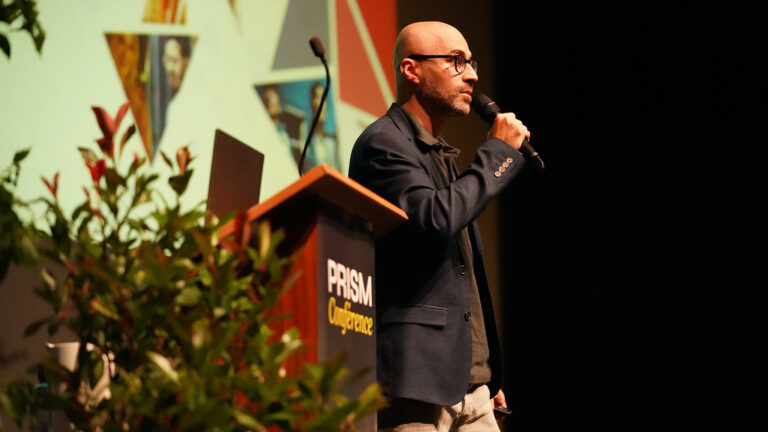
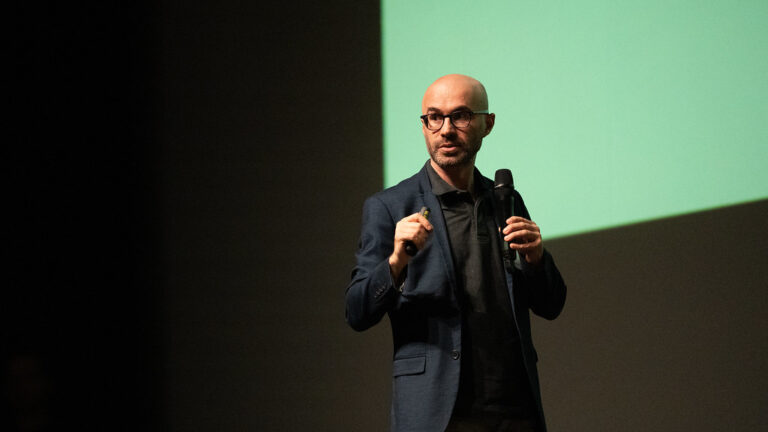
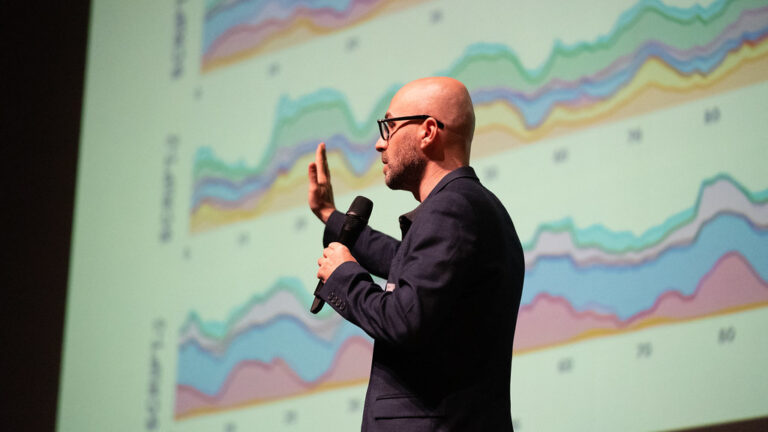

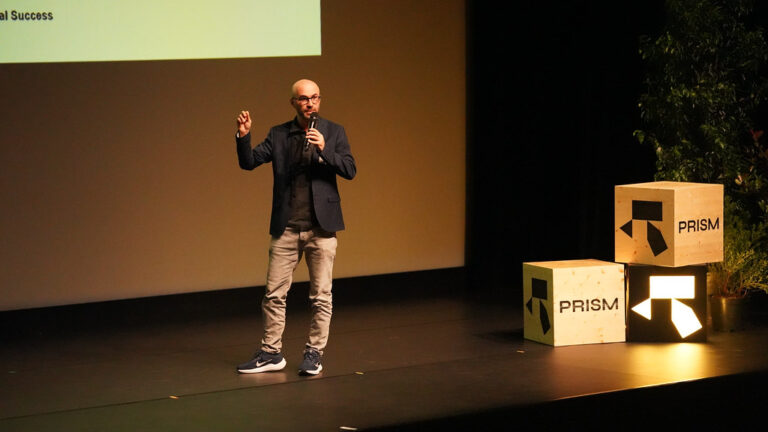
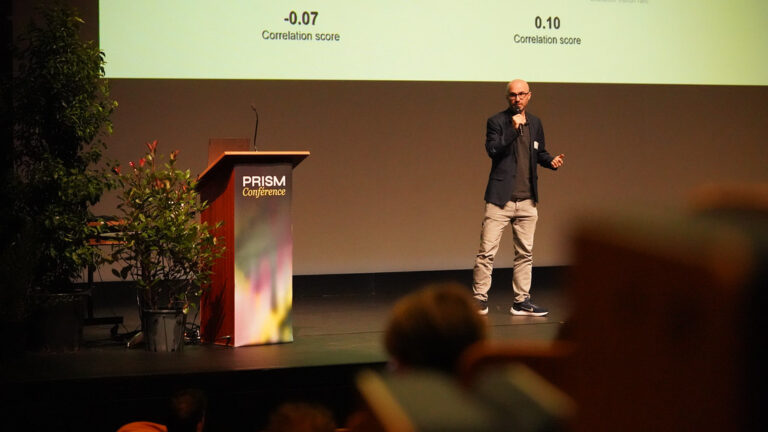
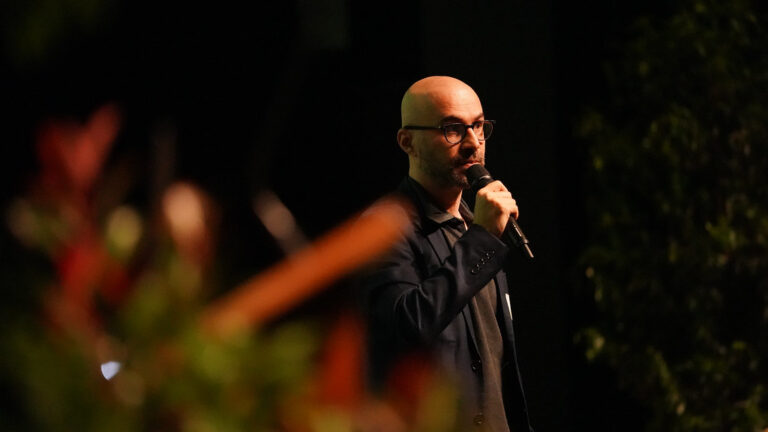
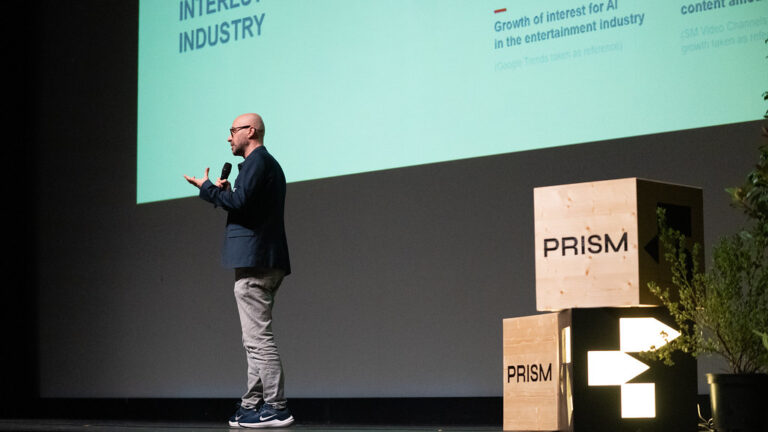
An opportunity for European productions?
Thanks to AI, it is possible to select the right scenario, determine the ideal budget to maximise revenue, and even predict returns on investment based on the actors and actresses chosen. Largo.ia also creates virtual panels (digital twins) of viewers, which make it possible to anticipate criticism or questions about films.
However, the use of AI in the film industry raises some fundamental questions. ‘Bias, ethics and diversity are major issues. So are copyright issues for authors and actors.’ Despite these challenges, AI represents a considerable opportunity for European productions compared to the US. ‘Thanks to AI, costs can be reduced tenfold, which could partially compensate for Europe’s lack of resources,’ concludes Sami Arpa. Watch this space.
Comments gathered on 13 May 2025 in Monthey during the PRISM Conference.
